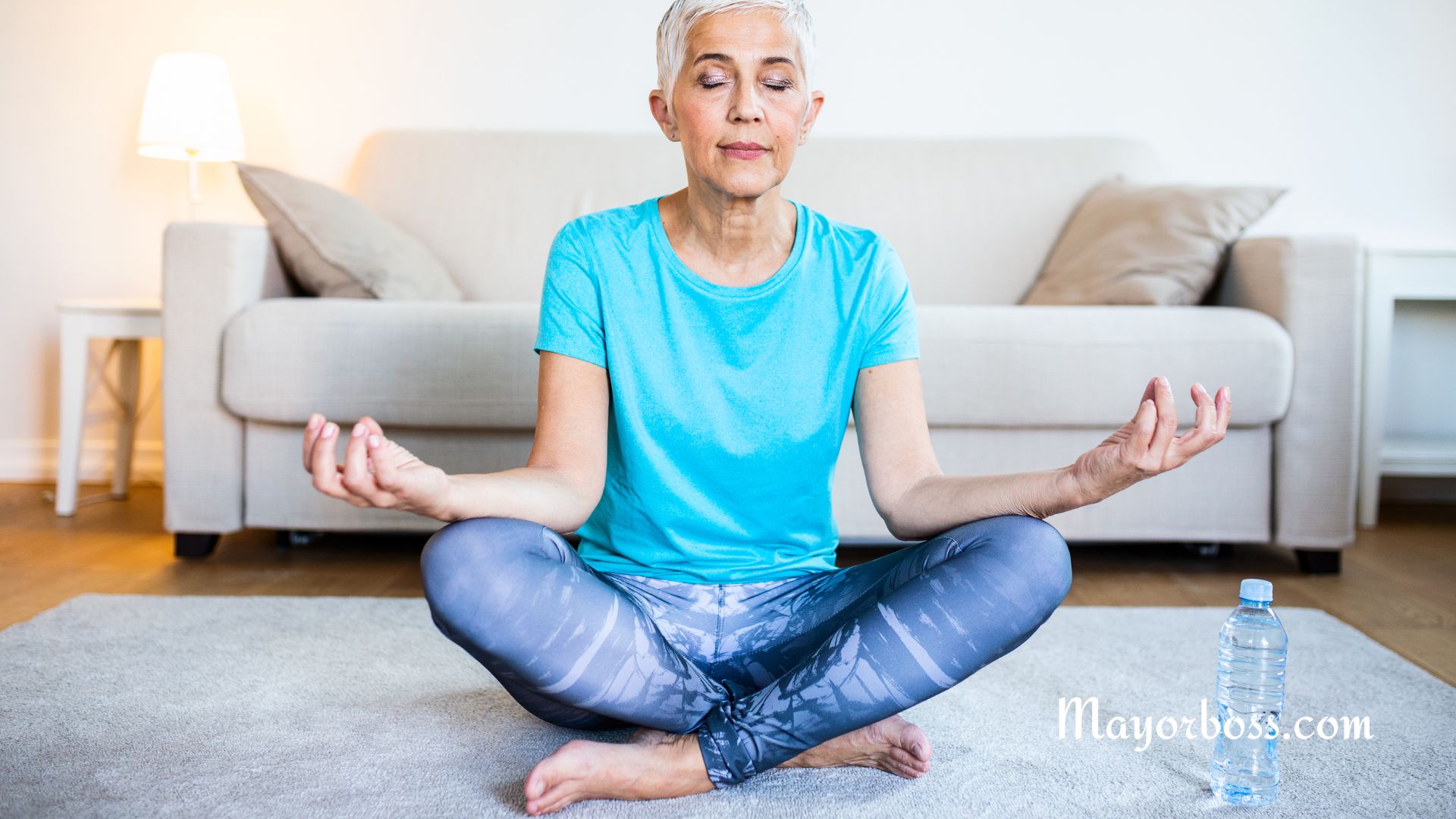How to Meditate for Beginners
Meditation is an ancient practice that has been used for centuries to promote relaxation, peace of mind, and self-awareness. In recent years, meditation has become more popular as people have realized its benefits for dealing with stress and anxiety. If you’re new to meditation, it can be tricky to know where to start. In this article, I’ll give you a quick overview of the basics of meditation and offer some tips on how to get the most out of your practice. Let’s get started
Why Meditate?
People meditate for different reasons. Some people do it because they want to connect with their religion or spiritual side. Others do it to become better people or to manage stress. Whatever your reasons for meditating, there are many potential benefits to be gained from the practice.
Modern science has shown that meditation can help to ease stress and anxiety, improve concentration and memory, and boost the immune system. It can also help to lower blood pressure and improve sleep quality. In addition, meditation is a great way to find inner peace and connect with our true selves.
10 minutes of meditation a day will keep the worries away.
How to meditate properly
- Find a comfortable place to sit or lie down: Make sure you won’t be disturbed for the next few minutes. You might want to close your eyes and take a few deep breaths before you begin.
- Start by focusing on your breath. Inhale deeply through your nose, filling your lungs all the way to your stomach. exhale slowly through your mouth. Continue breathing deeply and slowly for a few minutes.
- Once you’ve settled into a rhythm, start to focus on your thoughts and feelings. Don’t judge or resist them. Simply observe them without getting attached. If your mind starts to wander, gently bring it back to focus on your breath.
- After a few minutes, start to expand your awareness beyond your own thoughts and feelings. Notice the sounds around you, the sensations of your body, or anything else that’s happening in the present moment. If your mind starts to wander again, simply bring it back to the object of your focus—whether that’s your breath or something else.
- When you’re ready to finish, slowly open your eyes and take a few deep breaths before getting up from your meditation spot. Congratulate yourself on taking some time out for yourself!
Frequently Asked Questions
What is the best time to meditate?
The best time to meditate is in the morning before you start your day. The reason is that you’re more likely to stick to a morning meditation practice if it’s the first thing you do when you wake up.
How long should I meditate?
I recommend starting with 5-10 minutes per day. If you can, work up to 20 minutes per day. But even a short meditation practice will be beneficial.
What should I do if I can’t focus while meditating?
If you can’t focus, it’s okay. Just gently bring your attention back to your breath whenever you notice that your mind has wandered off.
What are some common meditation mistakes?
Some common mistakes people make when they’re first starting out with meditation are thinking they need to clear their mind of all thoughts or that they’re doing it wrong if they can’t sit still. Meditation is not about clearing your mind or sitting perfectly still – it’s about being present and observing your thoughts without judgment.
How can I make meditation a daily habit?
The best way to make meditation a daily habit is to find a time that works for you and stick to it. For example, if you know you won’t have time for a long meditation practice in the morning, try Meditating for 5 minutes before bed instead. Remember, it’s not about how long you meditate – it’s about making it a part of your daily routine.
How do I know if I’m doing it right?
The simplest answer to this question is that there is no “right” way to meditate. The goal of meditation is to focus your attention and become more present, so as long as you’re achieving that, you’re doing it right. If your mind wanders, simply return your focus to your breath or whatever object you’re using as a focal point
What should I do if I can’t focus?
It’s normal for your mind to wander during meditation, especially if you’re new to the practice. The key is not to get discouraged when it happens. Just gently bring your focus back to your breath or focal point without judgment or criticism. Over time, you’ll find it easier and easier to maintain your focus for longer periods of time
Should I meditate with my eyes open or closed?
This is entirely up to you and what makes you most comfortable. Some people find it helpful to meditate with their eyes closed because it allows them to focus better on their internal experience. Others prefer to keep their eyes open because they find it helps them stay present and anchor their attention in the present moment. There is no “right” answer here, so experiment until you find what works best for you
Can I meditate anywhere?
Yes! One of the great things about meditation is that it’s a portable practice that can be done anywhere, at any time. Whether you’re on a crowded subway train or sitting at your desk at work, you can always take a few minutes to close your eyes and focus on your breath.






